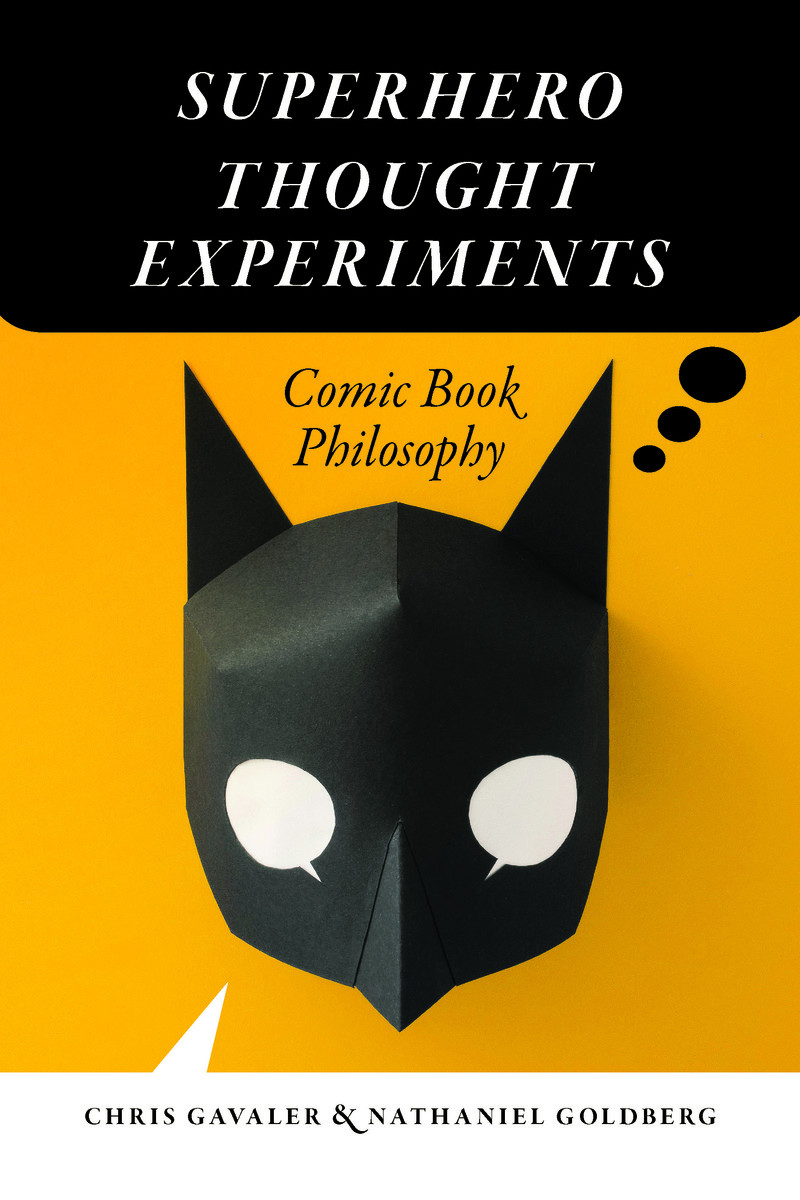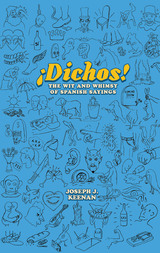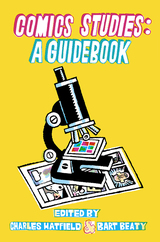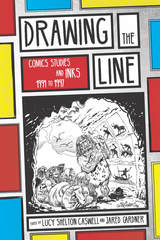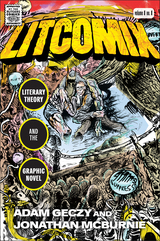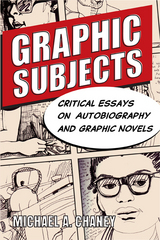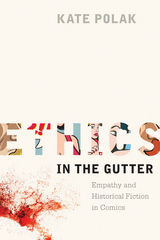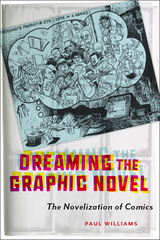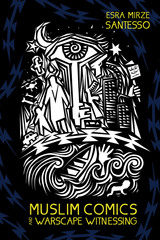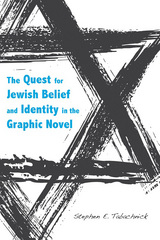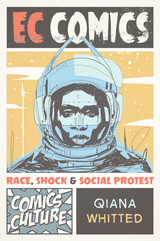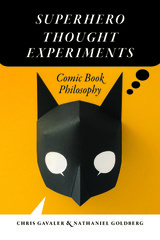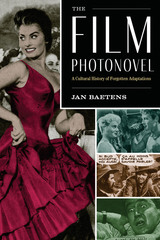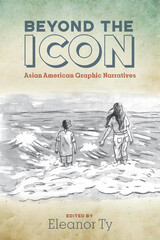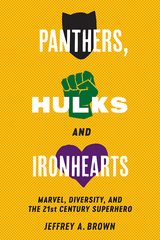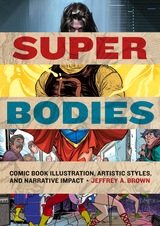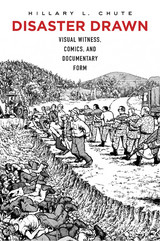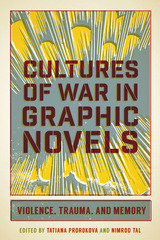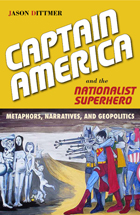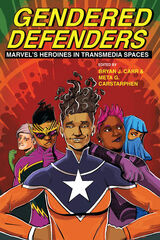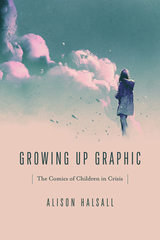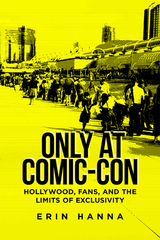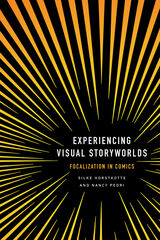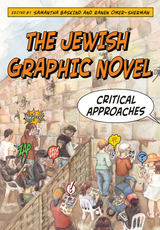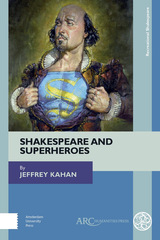Superhero Thought Experiments: Comic Book Philosophy
University of Iowa Press, 2019
eISBN: 978-1-60938-656-6 | Paper: 978-1-60938-655-9
Library of Congress Classification PN6714
Dewey Decimal Classification 741.59
eISBN: 978-1-60938-656-6 | Paper: 978-1-60938-655-9
Library of Congress Classification PN6714
Dewey Decimal Classification 741.59
ABOUT THIS BOOK | AUTHOR BIOGRAPHY | REVIEWS | TOC | REQUEST ACCESSIBLE FILE
ABOUT THIS BOOK
Examining the deep philosophical topics addressed in superhero comics, authors Gavaler and Goldberg read plot lines for the complex thought experiments they contain and analyze their implications as if the comic authors were philosophers. Reading superhero comic books through a philosophical lens reveals how they experiment with complex issues of morality, metaphysics, meaning, and medium. Given comics’ ubiquity and influence directly on (especially young) readers—and indirectly on consumers of superhero movies and video games—understanding these deeper meanings is in many ways essential to understanding contemporary popular culture. The result is an entertaining and enlightening look at superhero dilemmas.
See other books on: Comic books, strips, etc | Gavaler, Chris | History and criticism | Popular Culture | Superheroes in literature
See other titles from University of Iowa Press
